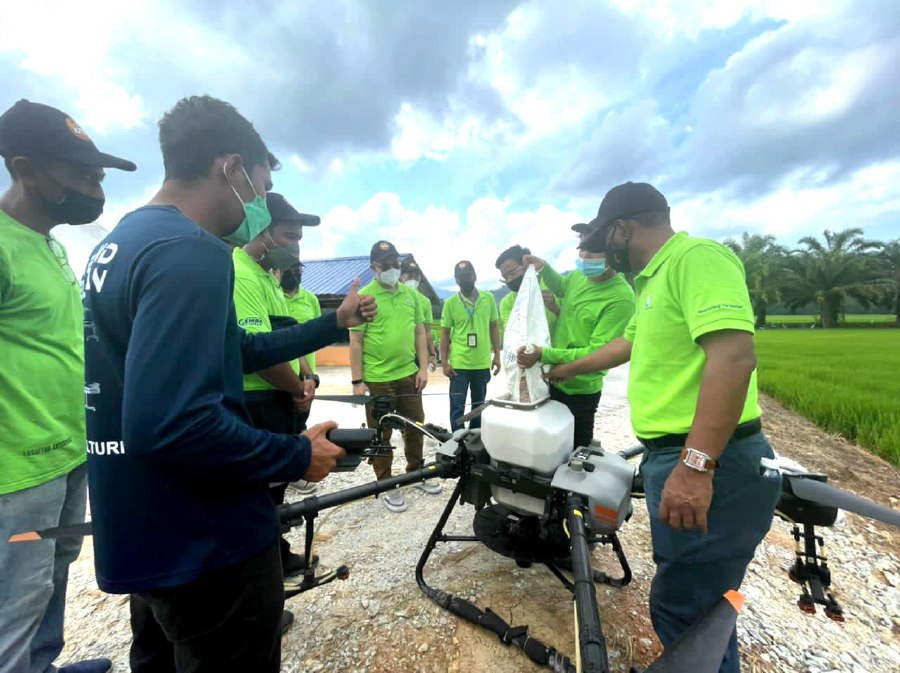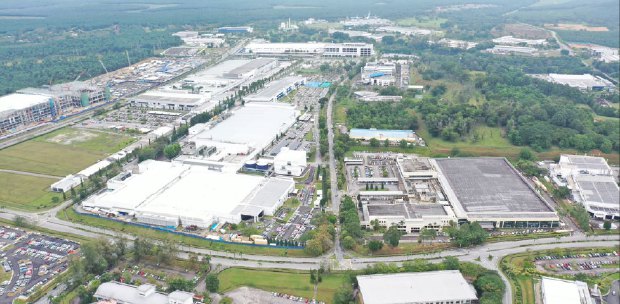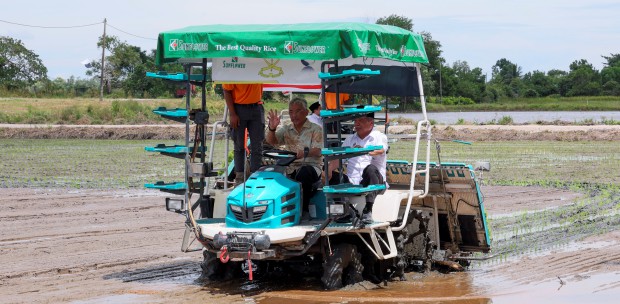KUALA SELANGOR: Agriculture land developers, including corn growers, have been urged to join the Large-Scale Smart Padi Field (Smart SBB) programme.
Agriculture and Food Industries Minister Datuk Seri Dr Ronald Kiandee said collaboration with the government's selected leading companies will result in better yields for the country, which would then lead to reduced dependency on imported agricultural products.
"These agricultural land owners should take part in Smart SBB. This is crucial to take the industry to a higher level and at the same time, reduce dependency on imports.
"This applies not only for padi plantations but can also be expanded to corn growers. Similar large-scale plantations can be done with collaborations between the company," he said.
Ronald was speaking to reporters after witnessing a Memorandum of Collaboration (MoC) signing ceremony between FGV Holdings Bhd (FGV), through its subsidiary FGV Integrated Farming Holdings Sdn Bhd (FGVIF) and Padiberas Nasional Bhd (Bernas) at the Bernas Padi Complex at Seri Tiram Jaya, here today.
The MoC was signed by FGV Integrated Farming head Abdul Razak Aya and Bernas Farm Management head Norhisham Abdul Rahman.
The collaboration, part of the implementation of the Smart SBB programme, was to strengthen the nation's fragrant rice industry.
The partnership also aimed to look into the vast potential for research and development growth for the industry, explore by-product activities for animal feed and leverage on each other's distribution and logistics capabilities.
Ronald also launched the SAJI Aroma fragrant rice, which was produced locally by farmers in Barat Laut Selangor and Seberang Perak, from MRQ76 seeds, one of MARDI's top fragrant rice varieties known for its quality, taste and high yield.
The new rice will be available in the market from May this year.
On rice supply, Ronald said the country's self-sufficiency level (SSL) for rice currently stands at 63 per cent.
Malaysia, he said, still depended on imported rice supplies mainly from Vietnam, Thailand, Cambodia, India and Pakistan.
He said the ministry intends to attract more private investments to make the padi and rice sub-sector more dynamic and competitive.
The ministry, he added, also intends to develop padi cultivation areas with a target of 300,000 hectares in stages, by targeting to increase the national average yield per hectare to seven metric tonnes during the 12th Malaysia Plan and increase the income of the programme's target group, especially farmers, via the Smart SBB initiative.






